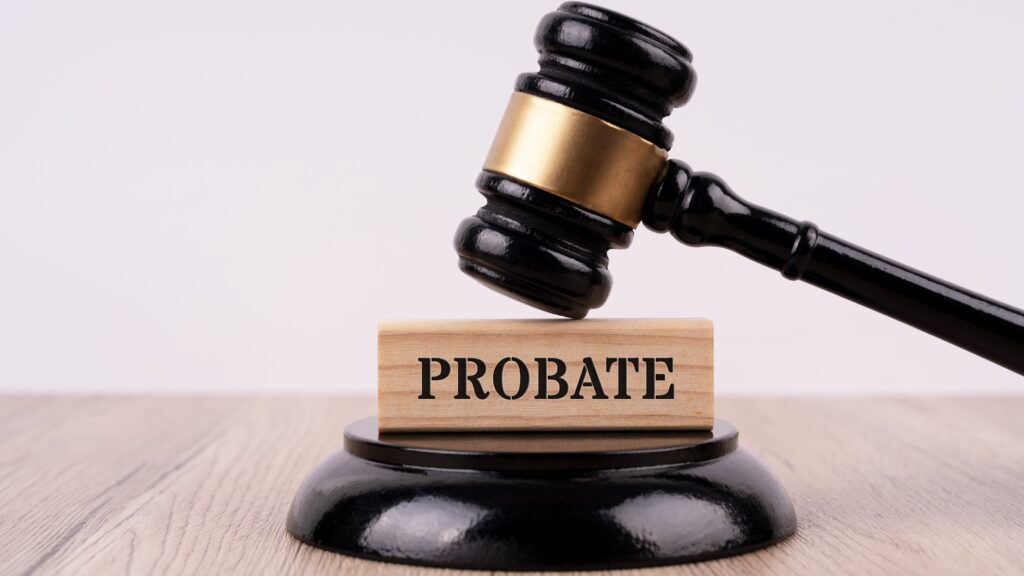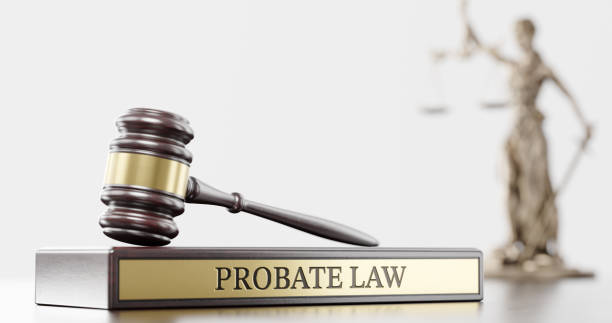Understanding the Probate Process in Texas
The probate process in Texas involves several key steps that ensure a deceased person's estate is settled according to their wishes and state laws. This process typically includes validating the will, appointing an executor, and distributing assets to beneficiaries. Understanding these steps is crucial for anyone involved in estate planning or dealing with the loss of a loved one.
In Texas, the probate process can vary depending on whether the deceased had a will or died intestate (without a will). For instance, if there is a valid will, it must be filed with the probate court to initiate the process. Conversely, intestate succession laws will dictate how the estate is divided among heirs. Familiarity with these nuances can help individuals navigate the complexities of probate more effectively.
Key Documents Required for Filing Probate
Filing for probate requires specific documents that are essential to validate the estate and facilitate the distribution of assets. The primary document is the deceased's will, if available, along with a death certificate and an application for probate. These documents provide the court with the necessary information to process the estate.
In addition to the will and death certificate, other important documents may include a list of the deceased's assets and liabilities, as well as any relevant financial statements. Having these documents prepared can streamline the probate process and minimize potential delays, ensuring that the estate is settled in a timely manner.
Common Mistakes to Avoid During Probate
Many individuals encounter pitfalls during the probate process that can complicate or prolong the proceedings. One common mistake is failing to notify all interested parties, such as beneficiaries and creditors, which can lead to legal disputes and delays. It's crucial to ensure that everyone who has a stake in the estate is informed and given the opportunity to participate in the process.
Another frequent error is mismanaging estate assets before the probate is finalized. Executors should avoid making significant changes to the estate, such as selling property or distributing assets prematurely, as this can create complications and potential legal ramifications. Understanding these common mistakes can help individuals approach probate with greater confidence and clarity.
Why Legal Representation is Essential in Probate Cases
Engaging a qualified attorney to represent you in probate matters can significantly ease the process and ensure compliance with legal requirements. An attorney experienced in probate law can provide guidance on the necessary steps, help prepare documents, and represent your interests in court if disputes arise. Their expertise can be invaluable in navigating the complexities of estate law.
Moreover, legal representation can help mitigate the emotional stress often associated with probate proceedings. An attorney can handle communications with beneficiaries and creditors, allowing the executor or family members to focus on their personal matters during a challenging time. This support can lead to a more efficient and less contentious probate experience.






